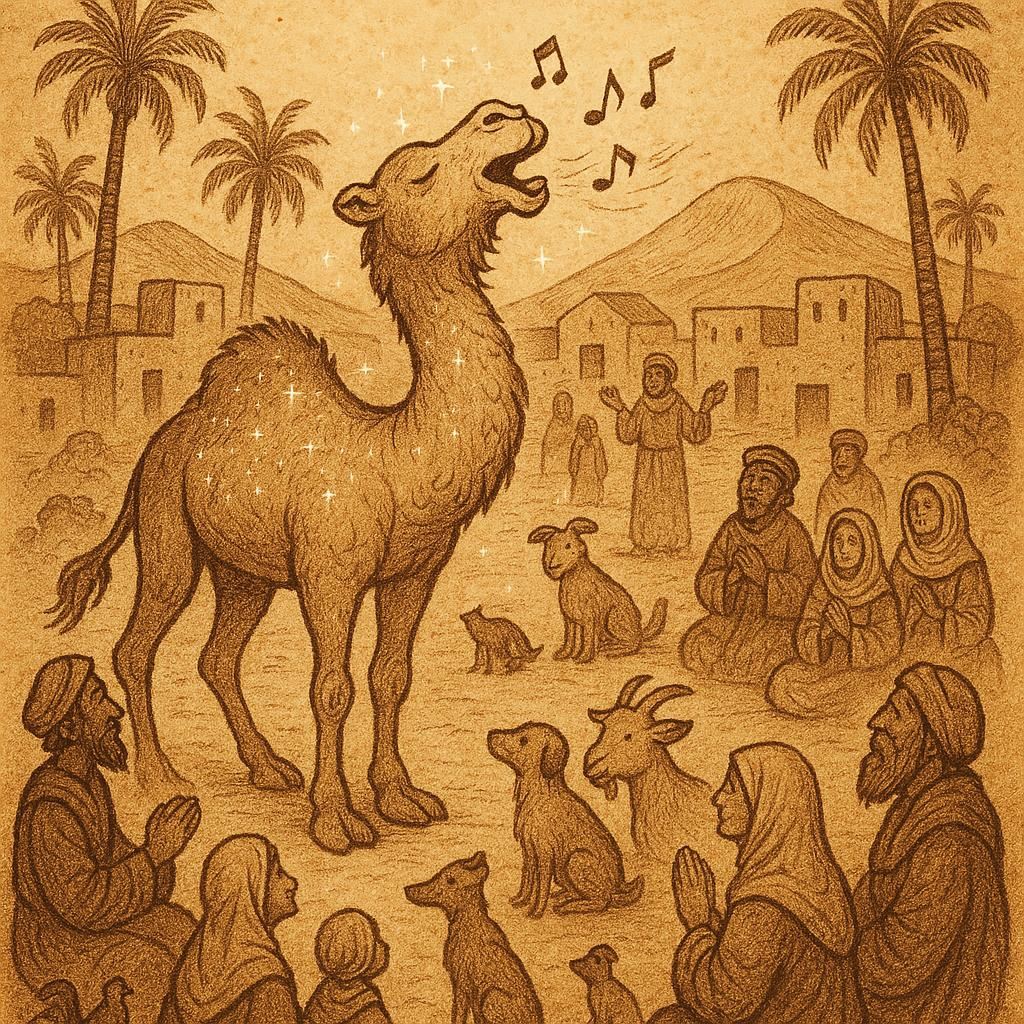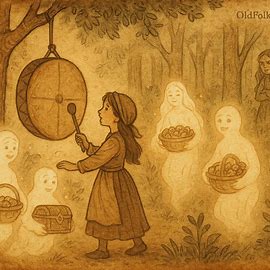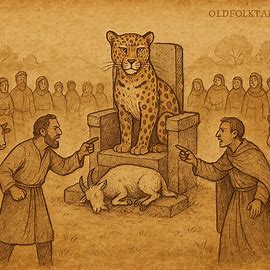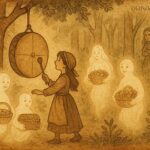In a sun-scorched desert of Mauritania, where golden sands stretched endlessly and the wind carried whispers of ancient secrets, a small village lay quietly among the dunes. Life was harsh, but the villagers found joy in the simple rhythms of their daily work. One day, a most unusual camel arrived at the edge of the village. Its fur shimmered like the desert sun, and when it opened its mouth, a melody unlike any other filled the air. The camel could sing.
At first, the villagers were amazed. Its voice was gentle, sweet, and powerful, lifting hearts and making even the weariest workers smile. Crops seemed to grow faster near the camel, water tasted sweeter, and animals moved with newfound energy. The singing camel brought not just music, but a sense of harmony and prosperity. People from neighboring villages traveled across dunes just to hear the magical melodies. The villagers quickly realized that this camel’s song was a blessing, and they treated it with care, feeding it the best dates and letting it rest in the coolest shade.
READ THIS: The Woman Who Married the Moon
Months passed, and the village thrived. Children laughed as they danced to the camel’s songs, elders hummed along, and traders marveled at the abundance. But as prosperity grew, some villagers began to grow greedy. They wanted the camel’s magic for themselves, thinking they could hoard its gift and enjoy wealth and power alone. They built fences, denied outsiders, and tried to force the camel to sing only for them.
The singing camel sensed the change in the villagers’ hearts. One evening, as the sun dipped beneath the dunes, it began to sing a melancholy tune. The villagers gathered, expecting the usual joyful melody, but the notes were soft and sorrowful, carrying the weight of disappointment. Crops failed, water grew scarce, and the animals seemed listless. The villagers realized too late that the camel’s magic depended on generosity and harmony, not greed.
Humbled, the villagers approached the camel with honesty and respect. They apologized for their selfishness and promised to share the camel’s gift with everyone, not just themselves. The camel’s song returned, brighter and more beautiful than ever, filling the village with joy, prosperity, and a renewed sense of community. From that day forward, the villagers remembered the lesson well: blessings are strongest when shared, and greed diminishes even the greatest gifts.
The Tale of the Singing Camel became a story told across generations. Parents shared it with children, travelers carried it across the dunes, and the camel’s melodies echoed in the hearts of all who heard them. The village learned that magic, music, and prosperity are sustained not by power alone, but by generosity, humility, and the respect of the community.
Moral Lesson: The Tale of the Singing Camel teaches that blessings and prosperity flourish when shared generously. Greed and selfishness diminish gifts, but humility, respect, and community ensure lasting joy and harmony.
Knowledge Check
Who is the magical creature in the story and what is its gift? The magical creature is a camel, and its gift is a beautiful singing voice that brings prosperity to the village.
How did the villagers first react to the camel’s singing? They were amazed, joyful, and treated the camel with care and respect.
What caused the camel’s blessing to fade? Greed and selfishness among the villagers caused the camel to withhold its full blessing.
How did the villagers restore the camel’s gift? They apologized, acted with humility, and promised to share the camel’s blessing with everyone.
What lesson did the camel teach the villagers about prosperity? That generosity and community are essential, and greed diminishes even the greatest gifts.
What is the moral of the story? Blessings flourish when shared with others, and humility, respect, and generosity sustain prosperity and joy.
Cultural Origin: Source: Sahrawi folktale, Mauritania. Collected in Mauritanian Tales of the Desert by Fatimata Mint Ahmed (1985).






